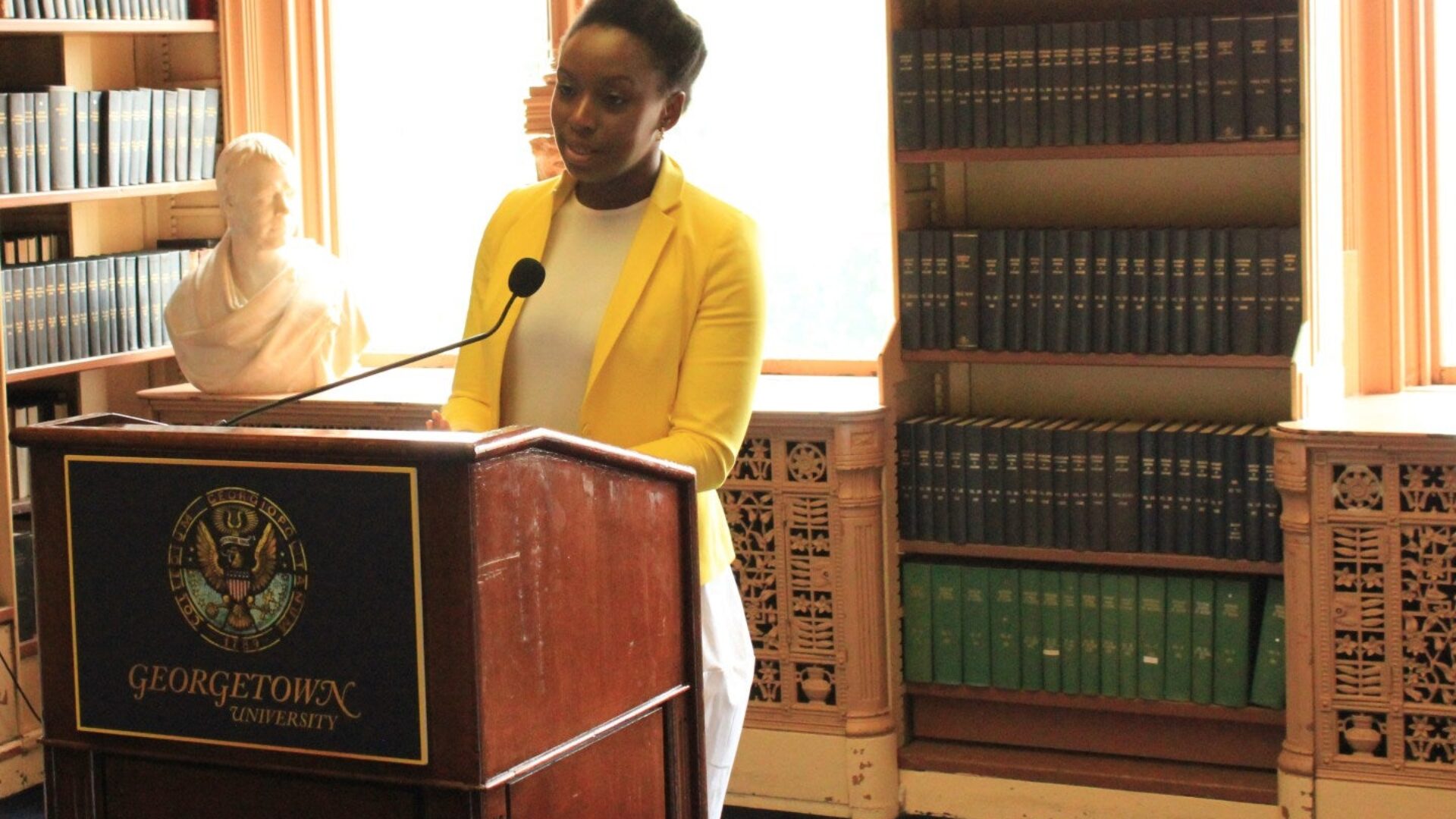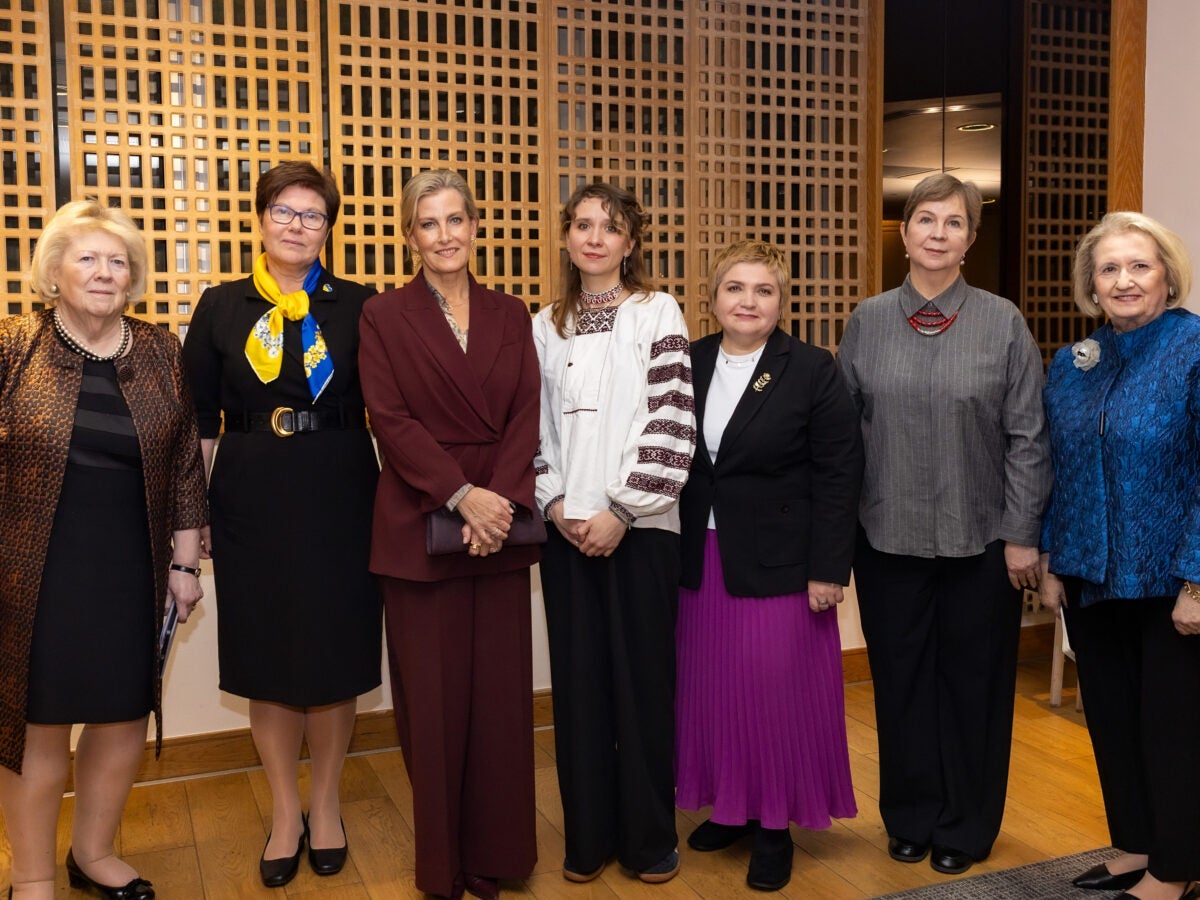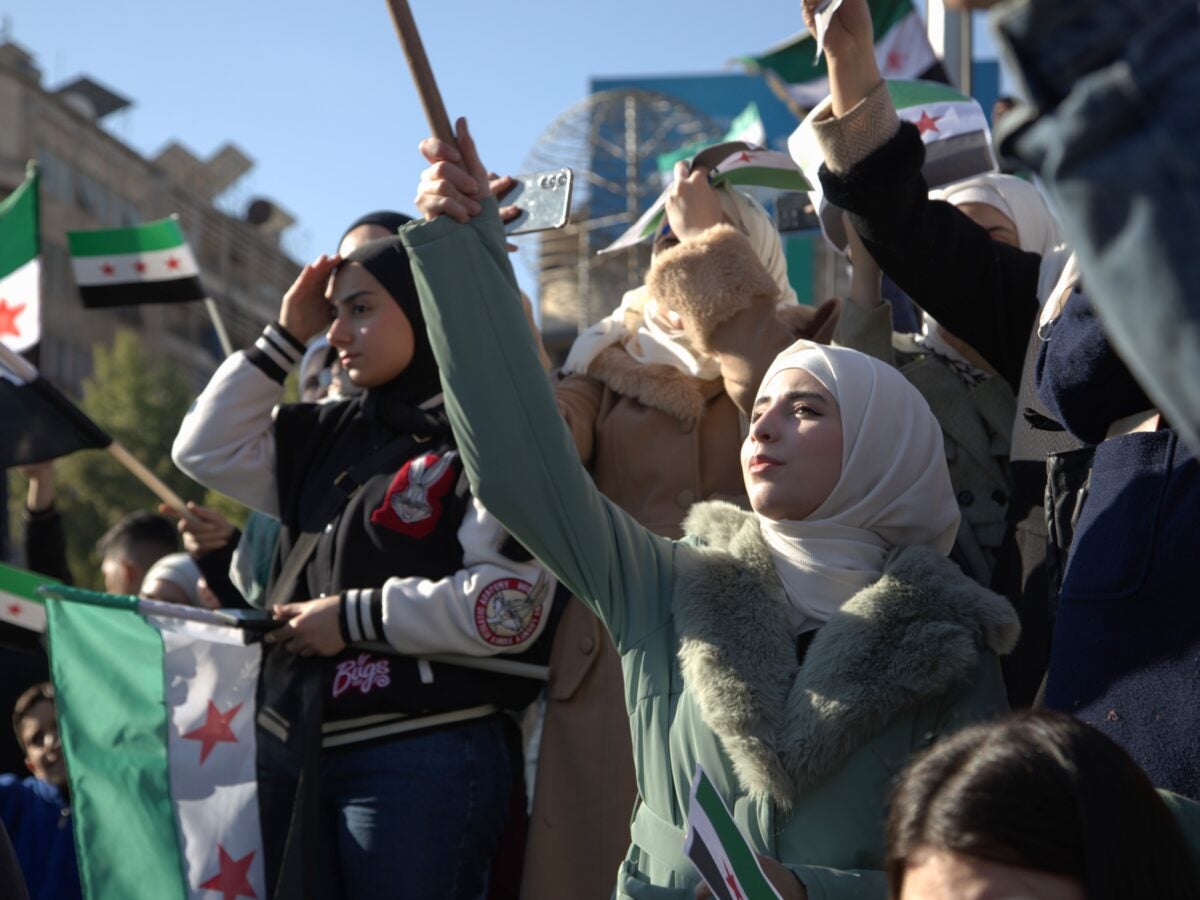A Conversation with Chimamanda Ngozi Adichie

“Stories have been used to dispossess and malign…but can also be used to repair the humanity that has been broken.”
On Friday, October 10, 2014, Chimamanda Ngozi Adichie, critically acclaimed author of Purple Hibiscus, Half of a Yellow Sun, and Americanah, spoke with the Georgetown University community about the challenges facing writers today, the ongoing Ebola crisis in parts of Africa, and her views on gender equality and feminism. Her candid answers to questions and her frank statements engaged the audience and allowed insight into the mind of the incredible writer.
Adichie began by discussing the writing and the literary industry. She has seen great success as a writer with her books and short-story collections, and she provided insight into her writing process. She separates her writing from both the publishing and marketing process, as well as from her audience or family. If she thought about what publishers wanted to produce, her work would change and shift away from what she wants to write. If she thought about how her family might respond to various parts of her stories, then she would censor her writing. Thus, she focuses on writing for herself and thinking only about the writing. Adichie also discussed how the labels within the industry are confining. She writes African literature, but she does not like being labeled as an African writer. “Labels,” she says, “tell you what you are or are not meant to write, because then there’s a predisposition to believe that writer is only supposed to write in a certain way.” Similarly, Adichie is critical of prizes, which she sees as having a great deal of power over the field. Prizes reward writers for their work, but in some cases they can limit writers. According to Adichie, prizes that reward African writers then tell writers and readers alike what constitutes the whole of African writing.
When the conversation shifted to questions about Ebola, Adichie focused on a key problem within the Western media that desensitizes people to the actual problems in Guinea, Liberia, and Sierra Leone: the dehumanization of Africans. She pointed out that the media rarely refers to the three countries currently battling the Ebola virus, instead choosing to refer to them as “Africa,” an all-encompassing term that further confuses and frightens people. The hysteria, she believes, comes from the idea that “Africa” is a place without logic; the outbreak of a disease as deadly and contagious as Ebola further perpetuates that belief. Adichie pointed out the fault of the international community in waiting so long to provide aid to Sierra Leon and Liberia. These three nations have weak health care systems and are generally lacking in infrastructure, given that they had been the site of violent conflict for many years. Adichie highlights the international community’s initial indifference to the health crisis with her final remark on the topic: “Why did we have to wait for so many deaths, and really the death of an American, to act?”
“Many economic decisions are made for women, and it comes from a lack of power.”
When asked about whether the perception of feminism is at odds with the traditional role of women, particularly in African life, Adichie stated there are many misunderstandings about what constitutes feminism. It is not saying women should spend all their time in the workforce or abandon all ties to domestic life, nor is it saying that men are the cause of all of these problems for women. Feminism, according to Adichie, is primarily about choices: women should have the options to do what they want, whether that be to stay at home or become a working professional or both. The biggest challenge to truly giving women the opportunity to choose what they do with their lives is the role of men in the home. The struggle lies in reducing the stigma for men to play a role in home life. In her words, “Women only have choices when the home is seen as equal for men and women.”
Rukmani Bhatia is the 2014-2015 Hillary Rodham Clinton Research Fellow at the Georgetown Institute for Women, Peace and Security. She received her M.A. in German and European Studies from the Georgetown University School of Foreign Service, and a B.A. in International Relations from Wellesley College.
Explore More

“No Amnesty, No Silence:” Ukrainian Women Urge Accountability for War-Time Sexual Violence
Last week, the Georgetown Institute for Women, Peace and Security (GIWPS) brought…

Guerras y conflictos tienen en jaque los derechos de las mujeres en…

One Year After the Transition: Syrian Women Reflect on a Fragile Opening…
One year after the fall of the Assad regime, the Georgetown Institute…